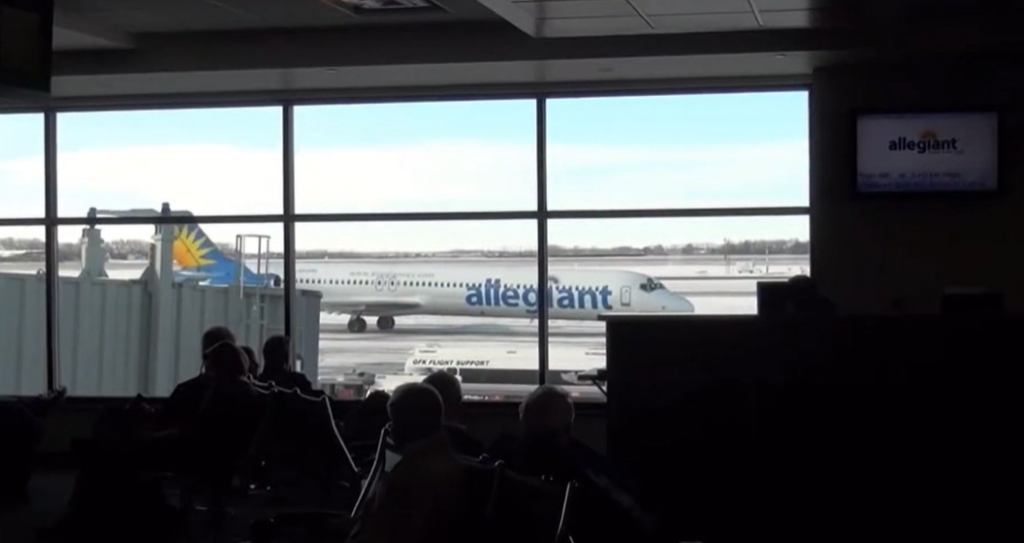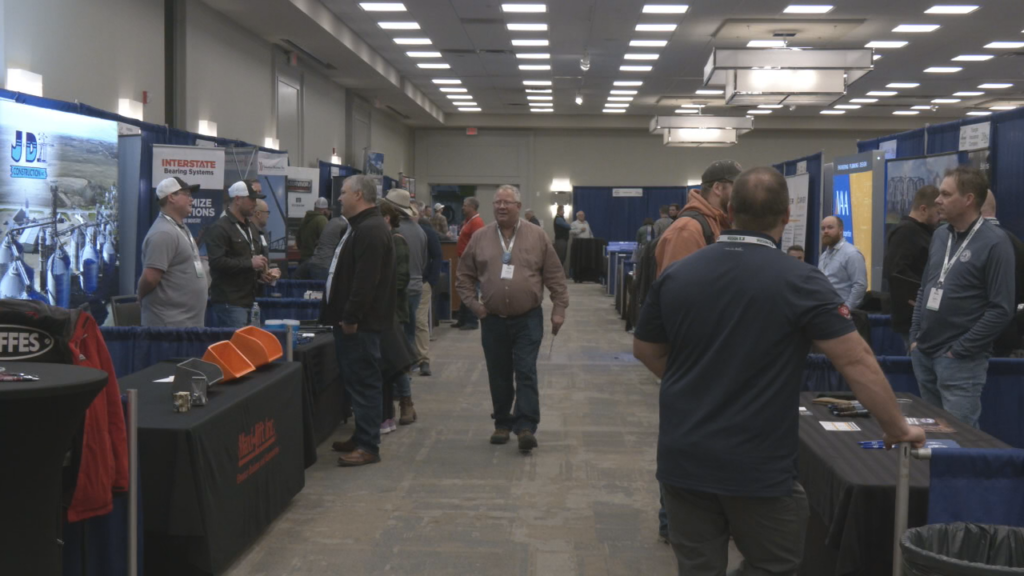People of Moorhead Say No to Quiet Zones
The city of Moorhead got its answer, after asking people in the area if they want quiet zones.
The city sent out almost 2,000 surveys asking people if they would like two new quiet zones along 20th street and southeast Main Avenue.
The answer was pretty clear and the main reason is people just don’t want to pay.
Kari Plienis has lived in Moorhead all of her life.
She should be used to the trains by now, but not her dog.
“It vibrates my whole apartment so it kind of scares my dog,” she said.
Kari says she’s split on whether or not she would like a quiet zone.
But after the surveys were collected, it looks like her neighbors aren’t as divided.
Forty percent of people responded to the survey.
Of that 40%, almost 60% did not want the city to proceed using local funds.
The two proposed quiet zones would cost the city about $1.8 million…a big reason why residents are saying no.
“The fact that we got a pretty strong message from those that did respond I think gives us a pretty strong message on how we proceed,” said Moorhead City Engineer, Bob Zimmerman.
Zimmerman says the special assessment would cost a single family home around $500.
A price that Lonnie Ludwig would be willing to pay.
His shop sits right next to the tracks and the noise never stops.
“We’ve got businesses that run throughout the day and they come by quite a bit through here blowing the horns,” says All In One Painting Owner, Lonnie Ludwig.
But the negative response doesn’t mean the quiet zones are done for good.
Instead, the city just has to be creative.
Zimmerman says come 2020, they have a planned project for 12th street south, as part of the project the city could instill the improvements that need to be done for the quiet zone.
“This will give us a different approach, look for different sources of funding, implement when we can but not a specific schedule,” says Zimmerman.
Since there would be no horn in a quiet zone, the city would have to add additional railroad gates to make sure no cars go around.
But that doesn’t come cheap.
Zimmerman says just making those few improvements could cost around $655,000.






